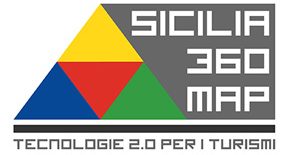Due diligence software can be used for organizing, sharing, and assessing relevant documentation to facilitate business transactions. It increases efficiency of deals by streamlining the organization of documents and categorization. It also features tools to protect against data breaches, and other cybersecurity issues such as unauthorised entry. These solutions typically provide secure storage, with encryption of data during transit and in rest with permission settings and compliance with data protection laws. They can also be integrated with external data sources in order to enrich information pools, such as legal databases and financial databases. In addition, they offer analytics tools to monitor the activities of the data room and monitor user engagement.
Financial institutions use due diligence software to assess the financial potential of investments, evaluate risks, and ensure compliance with the regulations. It helps them review legal and contract documents, spot risks to litigation and make more informed decisions during mergers. It automates processes and allows teams to work anywhere while meeting deadlines for projects. Legal firms use the solution to manage their interactions with clients and ensure compliance.
Due diligence on vendors is another common application of these platforms. It helps you evaluate new and existing vendors in a more efficient and automated way by centralizedizing the vendor information on one dashboard, supplying templates for creating security assessments and facilitating collaboration. These solutions can reduce the time spent waiting for answers to security questions and sending them.
Whistic simplifies the process by providing standard and premium templates, as well as a thorough Trust Catalogue with thousands of vendors, and much more. It can help you automate routine and triggered security checks and ensure compliance with standards like SOC 2 and ISO article 27001 and eliminate manual tasks.




